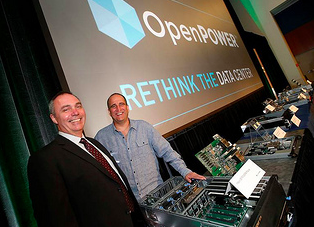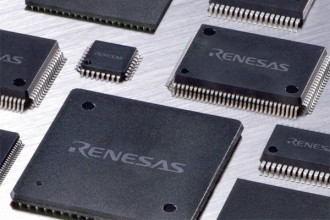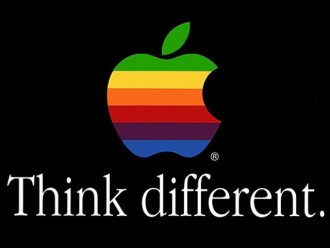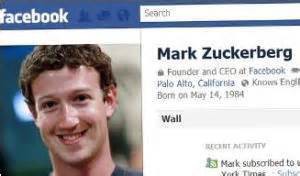 George Osborne, the UK chancellor of the exchequer, has promised to throw £40 million into research into the internet of things (IoT). He made the announcement during yesterday’s 2015 budget speech in the House of Commons.
George Osborne, the UK chancellor of the exchequer, has promised to throw £40 million into research into the internet of things (IoT). He made the announcement during yesterday’s 2015 budget speech in the House of Commons.
And, in addition, Osborne said that it will spend a further £100 million in R&D on smart cities and future infrastructure in the UK.
Osborne said the UK government was still committed to improving net connections and wants to spend £600 million for better networks and ultrafast broadband across the UK.
The government is also spending money on looking at digital currency and improving wi-fi connections in public places.
Osborne said the IoT would connect everything from urban transport to medical devices to household appliances.
The £40 million will be used to create business incubators for startups that will work on the government’s smart cities initiative.
The tech industry is investing hundreds of millions in IoT applications, but so far there is a distinct lack of standardisation and there are worries about security when billions of devices are all potentially connected to each other.


















